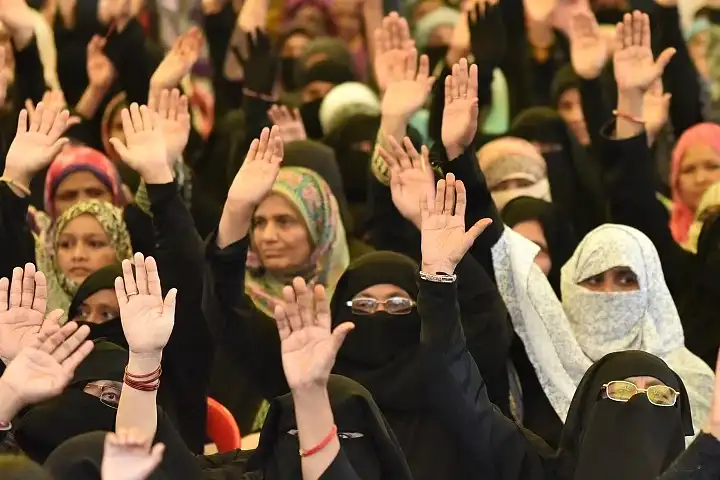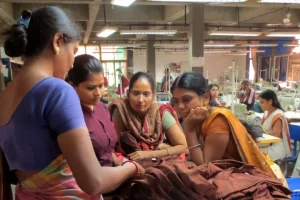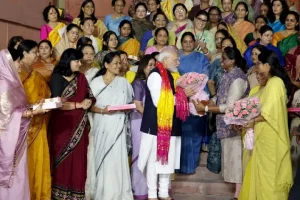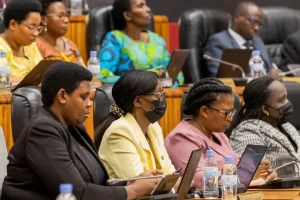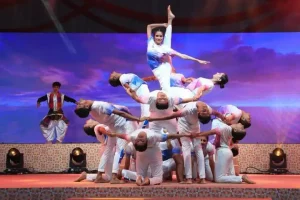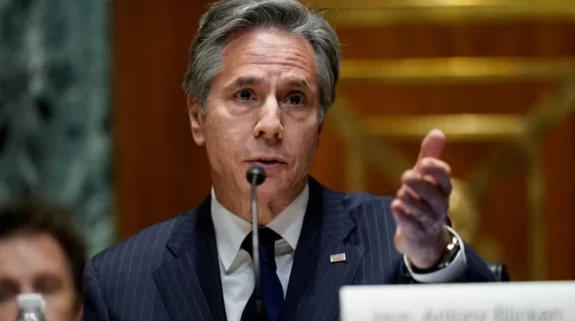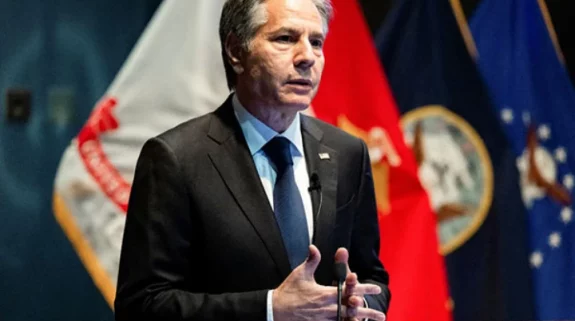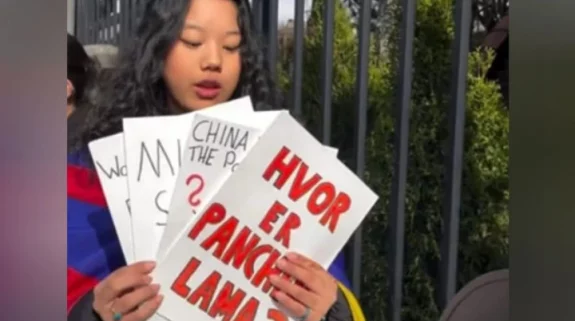The doubts cast by the conservative Muslim circles, including the All India Muslim Personal Law Board, that the enactment of the Muslim Women (Protection of Rights on Marriage) Act, 2019, popularly known as the triple talaq law, will lead to destruction of Muslim homes have proven to be groundless four years after the law came into force. Random perceptions from different parts of the country reveal that Muslim men now mostly fear punishment under the law and resort to only allowed routes of divorce.
The triple talaq law was approved by the Indian Parliament on July 30, 2019.
Success of Modi ji ,
Now congress is also saying that ,
Triple Talaq is criminal offence.
Muslim women’s is secure after the law on triple talaq .
Retweet it .pic.twitter.com/LBF3gx7M7N
— Aquib Mir (@aquibmir71) June 27, 2023
However, some clerics still continue to defy the Act and are advising couples that the Shariah-compliant instant triple talaq stays valid because it has sanction of the ijma among fuqah (hadith exegetes) of all four prevalent Islamic schools of thoughts – Hanafi, Shafai, Hanbali and Maliki.
According to the 2011 census (a new census is yet to be conducted), approximately 8% of Indians, mainly women over 60, are affected by the practice of divorce. Though divorce is less prevalent among Muslims as compared to Hindus, the practice of pronouncing instant triple talaq remained in the eye of the storm and despite constant promises to reform it, the community leaders kept postponing it in one way or the other, if not opposing it altogether.
Triple talaq, or talaq-e-biddat, has been prevalent in both rural and urban areas. Interestingly, many clerics termed it “innovation” (thus biddat) or “sin” but still they deemed it valid. Another practice known as nikah halala (rightful nikah as translated) that is purposeful wedding for one night to enable the divorced woman to remarry the first husband has also been attached with the issue.
Several court cases dealing with the instant triple talaq made media headlines in recent years because of submissions made by the parties involved and subsequent comments by judges.
A divorced Muslim lady who became victim of this practice, Shayara Bano, had petitioned the Supreme Court in writing to deem three practices, including polygamy, nikah-halala, and talaq-e-biddat, unconstitutional since they contradict Articles 14, 15, 21, and 25 of the Constitution.
Women’s rights groups like Bebaak Collective and Bhartiya Muslim Mahila Andolan (BMMA) rallied behind Bano and called for the practice to be abolished.
The Supreme Court invalidated the divorce procedure on August 22, 2017, ruling that the immediate triple talaq violated Article 14 of the Constitution.
Later, Parliament promulgated the Muslim Women (Protection of Rights on Marriage) Act, 2019. The law stipulates following key statutes:
Any Muslim husband who gives his wife the decree of talaq shall be subject to a fine and a sentence of up to three years in prison.
The right to receive from her husband a certain amount of support for both her and her children, as defined by the judiciary, belongs to a married Muslim woman on whom talaq has been pronounced.
If her husband issues talaq, a married Muslim woman has the right to custody of her minor children, as assessed by the magistrate.
“Pandit Nehru will be pleased that Narendra Modi could achieve what Panditji dreamed of. Opposition parties opposed the Triple Talaq Bill in Rajya Sabha under the influence of All India Muslim Personal Law Board”
~Arif Mohd Khan on #TripleTalaqBill pic.twitter.com/zlgliy00hh
— Ajit kumar (@connectajitcpr) July 30, 2019
Four years later, the fear of above-mentioned punishment has prevented Muslim men from taking arbitrary recourse to annul their marriages in an instant state of mind.
On July 31, 2021 then Minority Affairs Minister Mukhtar Abbas Naqvi informed Parliament that there has been a significant decline in triple talaq cases after the law against the practice came into effect and Muslim women across the country have overwhelmingly welcomed the legislation.
The ministry data informed that around 80% cases of instant triple talaq have been reduced in Uttar Pradesh alone.
Though there has not been any independent study on the numbers that have dropped in such cases.
When this correspondent asked Syed Qasim Rasool Ilyas, spokesperson of the AIMPLB, which was a party in the SC over instant triple talaq issue and deems the 2019 law interference in exercise of Muslim personal laws, whether the board has kept a record of how the new legislation harmed Muslim in last four years, he said that there is no such record with the board.
But he insisted that the law was hampering married lives of Muslims. But how is it doing so? He presented no record, except saying that the board will soon come up with its study.
Similarly, Mufti Nizamuddin of prominent seminary Jamia Ashrafiya, Azamgarh, said that he won’t comment on the law enacted by Parliament, but he still tells people that instant triple talaq is valid as per opinion of fuqah (exegetes) and that people must be obligatory to their Shariah.
However, when India Narrative asked him whether he had seen decline in cases of instant triple talaq or not, he said, “People now fear law and say that they have uttered talaq only two times.”






